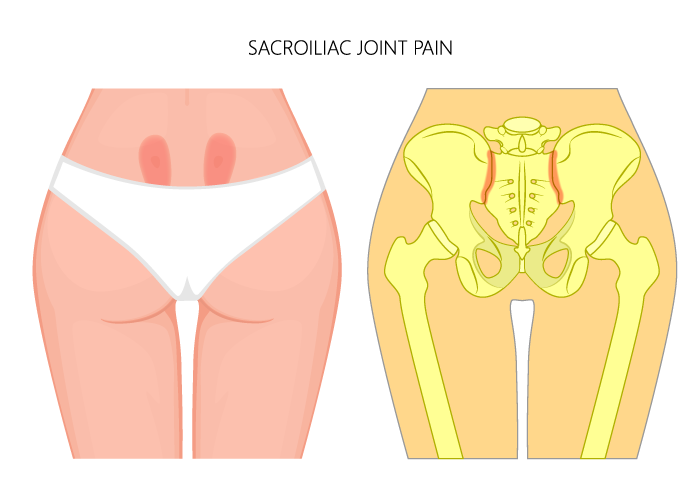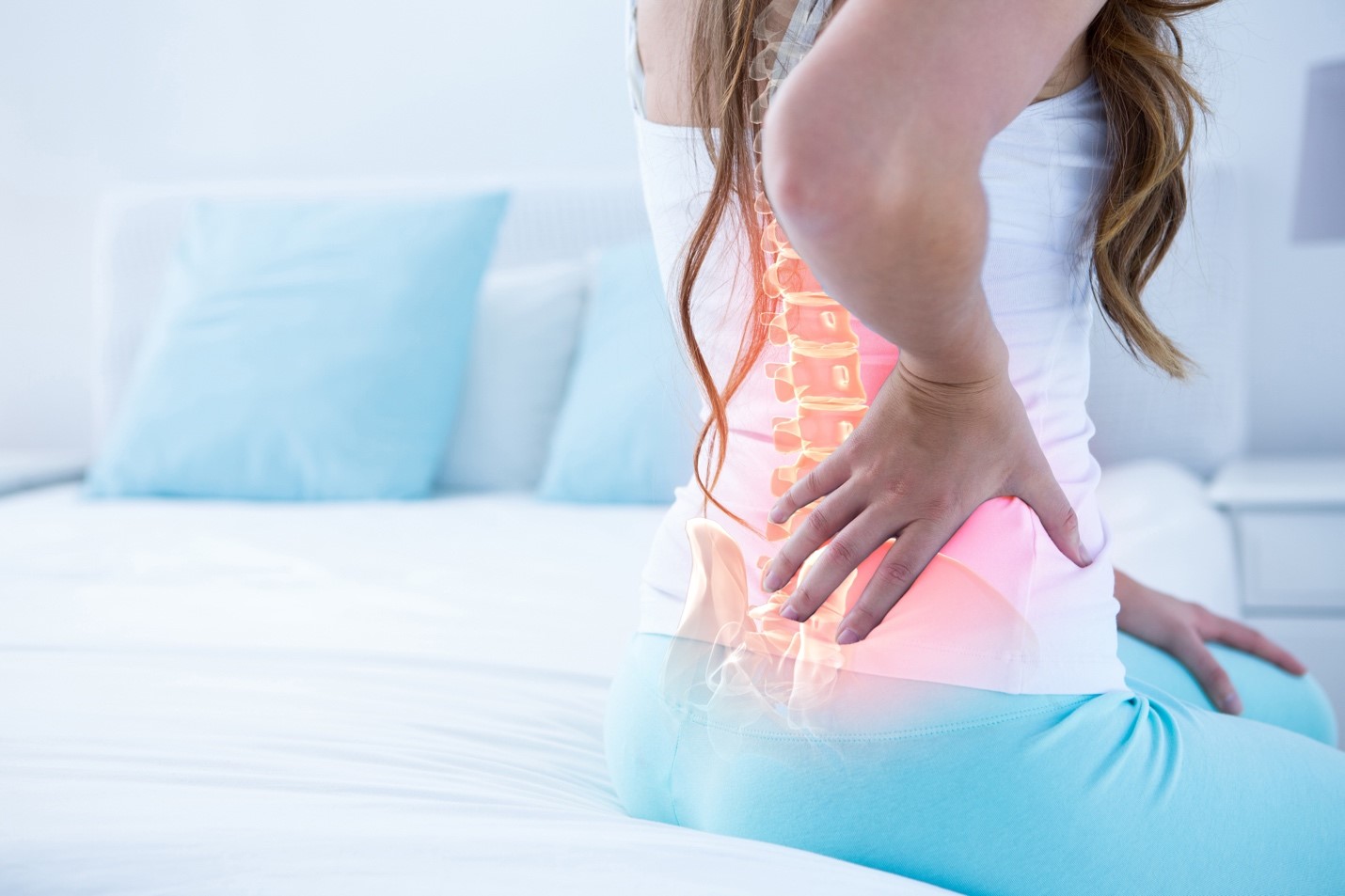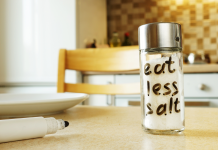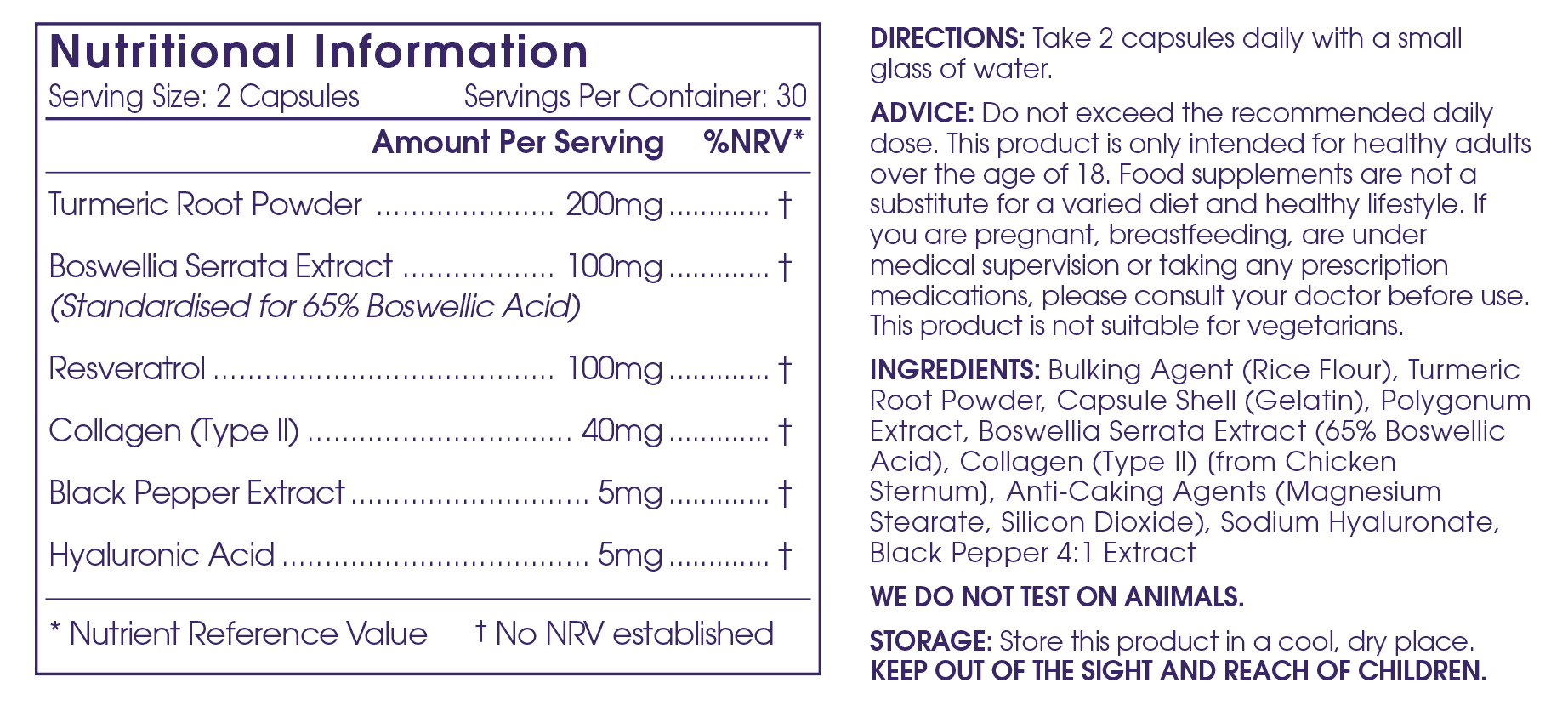In our last installment of our joint pain series, we went over back stiffness and how to minimize it in our lives. Today, we are going to take a look at a less-known type of joint pain known as sacroiliac joint pain. Also called SI joint pain, this is the type of pain you feel in your extreme lower back and buttocks. Usually, this pain stems from the joint between the hip and spine getting damaged.
Here is what you should know about this type of joint pain.
Common Causes of Sacroiliac Joint Pain
There are two primary causes of sacroiliac joint pain, which most causes fall under: having too much or too little movement.
When you have too much movement, your SI joint can lead to your pelvis feeling unstable and hurting. You will feel this pain in your lower back or hips, but it can also move down into your groin.
When you have too little movement, your SI joint can lead to your muscles getting tense, feeling a soreness, and being unable to be mobile in the same way that you used to be. You will feel the pain usually on a single side of your lower back or buttocks. This pain can even go down your leg.
Sometimes, a ligament may get either too loose or tight. This is usually caused by you falling, getting a work-related injury, getting into a car accident, being pregnant, giving birth, or having surgery on your hip and spine.
When there is a movement within your pelvic region that is not the same on each side, SI joint pain can arise. If you happen to have one leg slightly longer than the other, you will have uneven movement, which can lead to this type of joint pain. If you have to resort to wearing a walking boot for a long time due to getting surgery performed on your foot or ankle, you can end up with sacroiliac joint pain.

Here are a few more common causes that can be better described by breaking them down:
- Arthritis – There are types of arthritis, such as osteoarthritis, that can occur at the location of sacroiliac joints.
- Traumatic Injury – If you ever have the misfortune of getting in a car that gets struck, you have the potential to experience an injury to your sacroiliac joints.
- Pregnancy – Briefly mentioned earlier, pregnancy involves the sacroiliac joints, which need to become looser and stretched so that a child can be born. All the extra weight a mother puts on due to being pregnant can cause more significant stress on those joints. The end result is usually wear and tear of the joints.
- Infection – Very rarely, these joints may become infected, leading to pain in them.
- Gout – When your body has a significant amount of uric acid, you will possibly succumb to gout. The soreness in your joints may become excruciating. It will usually start at your toes, but eventually make its way up to your SI joint.
Exercise for Reducing Sacroiliac Joint Pain
There are a number of specific exercises you can practice to help with reducing sacroiliac joint pain. Cobra pose is a yoga pose that can be particularly effective when SI joints are too mobile.
You will want to perform this exercise by doing the following:
- Get a yoga or exercise mat and lay it down on the ground.
- Lay down on top of the mat, with your stomach pressed down onto the mat.
- Take your hands and place them under your shoulders, pushing yourself up, while extending your arms. This will get your body up off the mat. Make sure your pelvic region and legs are still pressed down on the mat.
- Do your best to pull your shoulders down and away from your head. At the same time, relax your lower back and buttocks.
- Hold the pose for 15-30 seconds.
- Lower yourself back down onto the mat into your original position.
- Repeat this exercise three times in a row.
This exercise should be practiced every day to achieve the best results. It will take some time, but you will soon notice that you have less SI joint pain than you used to.

Reduce Sacroiliac Joint Pain Even Further
You can minimize the sacroiliac joint pain you have even further by taking a well-rounded joint supplement. JointFuel360 has emerged as a highly-popular joint supplement, due to its all-natural ingredients.
Wrapping Up
Don’t wait until joint pain sets in. You can implement strategies for health and wellness over the long term. An active lifestyle, combined with a healthy diet and quality health supplements is a great way to help you keep moving!
Joint Pain Series:
* These statements have not been approved by the Food and Drug Administration. This product is not intended to diagnose, treat, cure, or prevent any disease.
SOURCES:
https://www.betterhealth.vic.gov.au/health/conditionsandtreatments/ageing-muscles-bones-and-joints
https://orthoinfo.aaos.org/en/staying-healthy/effects-of-aging/
https://www.healthline.com/health/osteoarthritis/understanding-aging-and-joints
https://health.clevelandclinic.org/5-best-ways-to-safeguard-your-joints-as-you-age/
https://www.healthline.com/health/improving-mobility-in-old-age
https://hcamidwest.com/blog/entry/aging-bone-joints
https://www.mayoclinic.org/healthy-lifestyle/fitness/in-depth/what-it-takes-to-be-agile-at-any-age/art-20390071
https://www.mountsinai.org/health-library/special-topic/aging-changes-in-the-bones-muscles-joints
https://www.webmd.com/pain-management/features/common-pains-of-age
https://www.bannerhealth.com/staying-well/expert/joint-pain-aging
https://www.physio-pedia.com/Effects_of_Ageing_on_Joints
https://orthoinfo.aaos.org/en/staying-healthy/smoking-and-musculoskeletal-health












